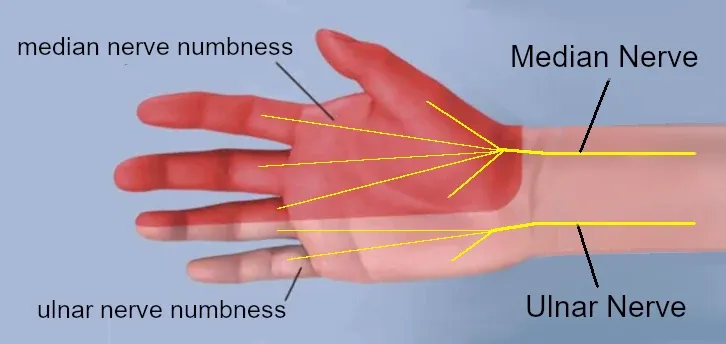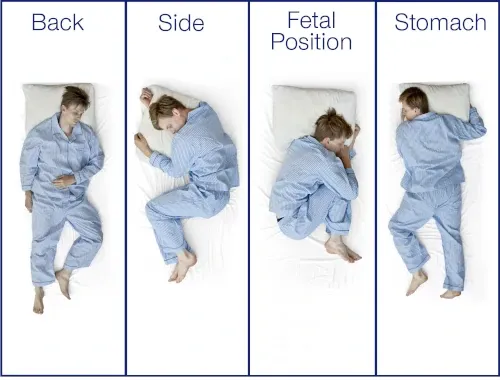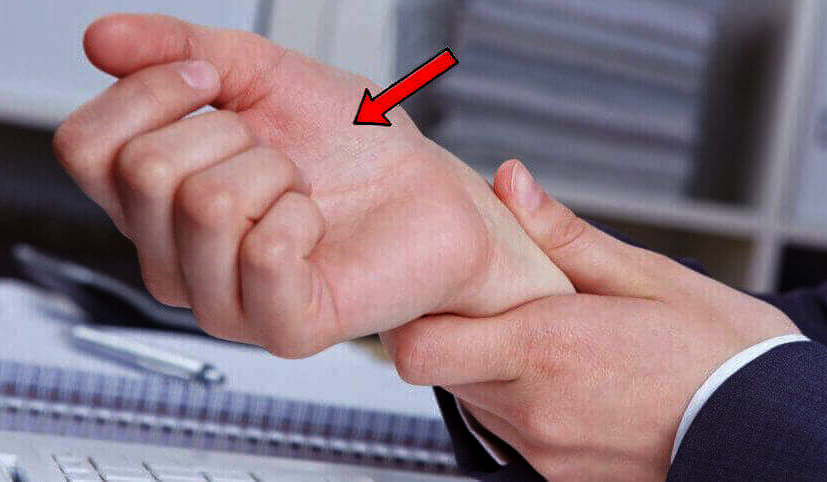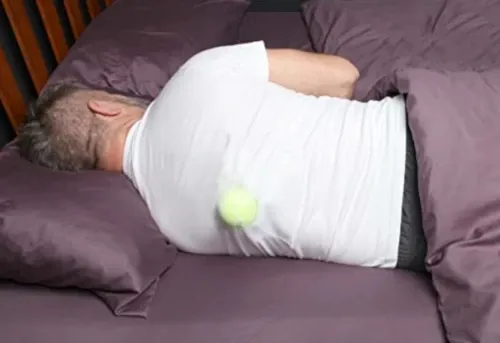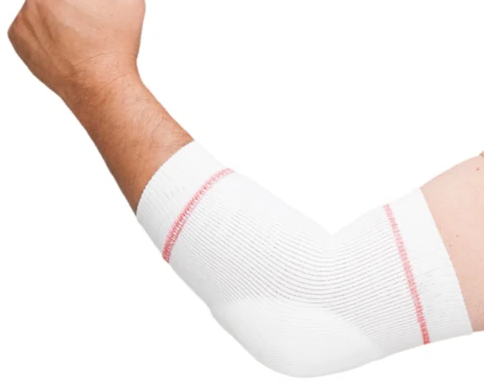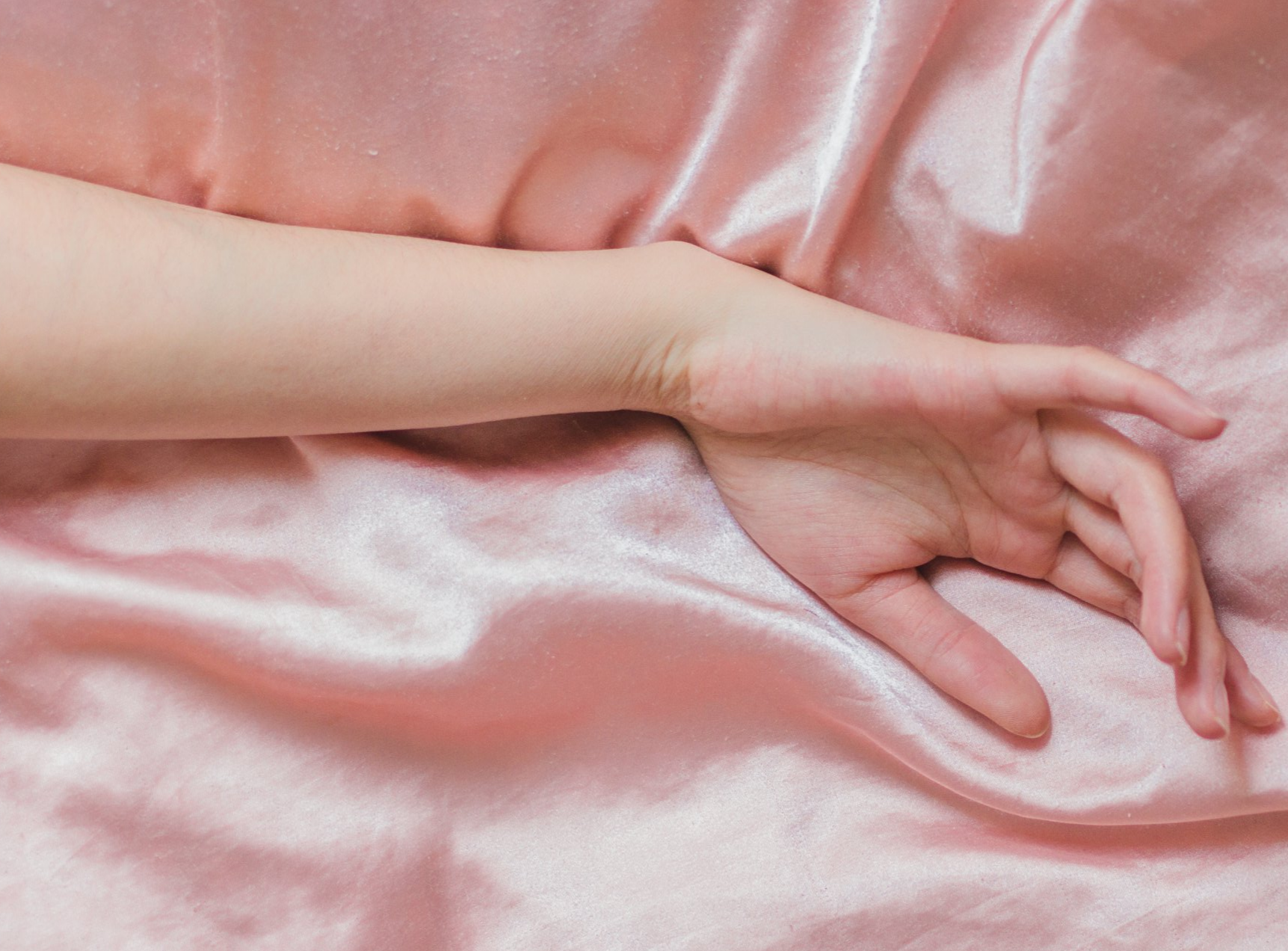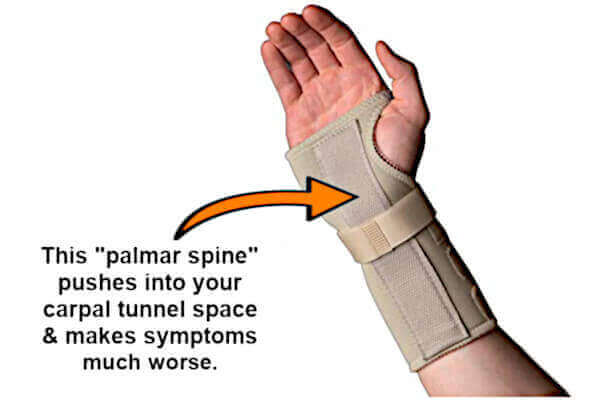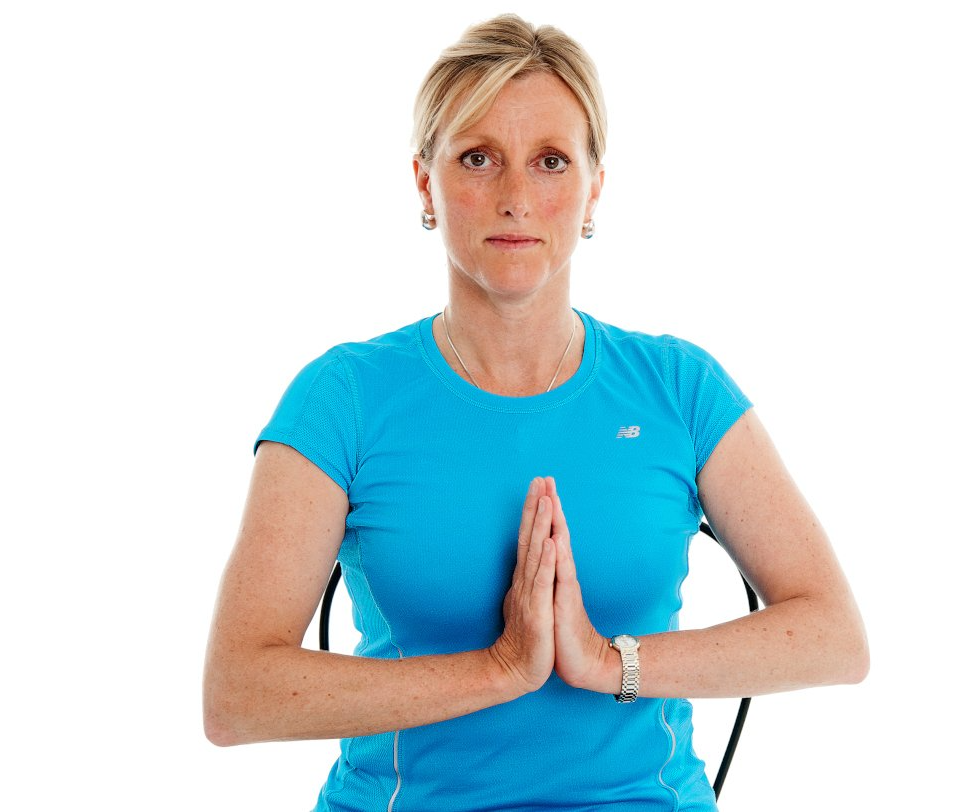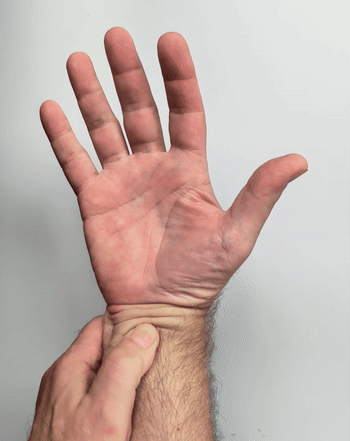Your head weighs about 11 pounds—enough to easily compress a nerve if you rest your head on your hand all night. That pressure can pinch the median or ulnar nerve, leading to numb fingers or numb hands upon waking up.
Do You Have Numb Hands Upon Waking Up?
From Dr. Z - Carpal tunnel syndrome specialist
Numb Hands Upon Waking Up: Causes, Fixes, and When to Worry
Table of Contents
- Overview
- Why You Get Numb Hands or Numb Fingers
- Common Sleeping Positions That Cause Numb Hands
1 - Sleeping with your head in your hand
2 - Sleeping with your wrists bent
3 - Sleeping with elbows pressed down
4 - Carpal tunnel syndrome
- Who's at Risk for Getting Carpal Tunnel Syndrome?
- How to Fix Numb Hands Upon Waking
- If it's your sleeping position
- Change your sleeping position
- Wear a night brace
- Protect your elbow
- If it's carpal tunnel syndrome
- Rest
- Night bracing
- Stretching exercises
- Massage
- Summary
- FAQs
- About
Overview
Almost everyone has woken up at some point with numb hands or numb fingers. Usually, it’s harmless—a temporary sign that you slept in a position that compressed one of the nerves in your arm or hand. Once you move your hand, the numbness fades, and everything feels normal again.
But if your hands feel numb every morning, it’s time to take a closer look. Persistent numb hands upon waking up can be an early sign of an underlying problem such as carpal tunnel syndrome.
There are four common reasons why you might wake up with numb hands:
- Sleeping with your head resting on your hand
- Sleeping with your wrists bent
- Sleeping on your back with your elbows pressed into the mattress
- Having carpal tunnel syndrome
The first three causes are temporary and easy to fix. But if the fourth is the issue, the numbness won’t go away without proper treatment. Let’s look at how each cause affects your hands—and what you can do to stop waking up with numbness.
- Think you have carpal tunnel syndrome? Complimentary self-test
- Already know you have carpal tunnel? This Quiz tells you its severity
Why You Get Numb Hands or Numb Fingers
When you wake up with numb hands, the cause is almost always pressure on a nerve. That pressure blocks normal nerve signals between your hand and brain.
Two major nerves can cause hand numbness:
- The median nerve, which controls the thumb, index, and middle fingers.
- The ulnar nerve, which affects the ring and little fingers.
If the numbness is in your thumb or index finger, it’s likely the median nerve. If it’s in your pinky or ring finger, it’s the ulnar nerve. The key is figuring out where the pressure occurs—whether from your seeping position or from a deeper condition like carpal tunnel syndrome.
Common Sleeping Positions That Cause Numb Hands
1 - Sleeping with your head in your hand
2 - Sleeping with your wrists bent
3 - Sleeping with elbows pressed down
4 - Carpal tunnel syndrome
- Think you have carpal tunnel syndrome? Complimentary self-test
- Already know you have carpal tunnel? This Quiz tells you its severity
Who's at Risk for Getting Carpal Tunnel Syndrome?
| High Risk Conditions | High Risk Occupations |
|---|---|
| Family history of carpal tunnel | Commercial drivers |
| Pregnancy | Musicians |
| Being female | Housekeepers |
| Being obese | Fine artists |
| Being over 70 | Hair stylists |
| Having small body frame | Transcriptionists |
| Rheumatoid arthritis | Dental hygienists |
| Emotional stress | Horse riders & trainers |
| Hypothyroidism | Assembly line workers |
| Fibromyalgia | Farmers |
| Lyme disease | Knitters & sewers |
| Graphic designers | |
| Radiologists |
How to Fix Numb Hands Upon Waking
If it's your sleeping position
1. Change your sleeping position
2. Wear a night brace
3. Protect your elbow
If it's carpal tunnel syndrome
1. Rest
2. Night bracing
3. Stretching exercises
4. Massage
Summary
Occasional numb hands or numb fingers upon waking up are usually harmless and caused by pressure on your nerves while you sleep. But if it happens regularly—especially on the thumb side—it could be an early sign of carpal tunnel syndrome. Simple fixes like adjusting your sleeping position, wearing a night brace, or protecting your elbow often eliminate the problem. However, if numbness persists, don’t ignore it—get evaluated for carpal tunnel before symptoms progress.
FAQs
Q: Why do my hands feel numb every morning?
A: Most often, your numb hands upon waking up are caused by sleeping positions that compress nerves in the wrist or elbow. However, if it happens every day or affects the same fingers, it could signal carpal tunnel syndrome, which requires targeted therapy.
Q: How do I know if my numbness is from sleeping or from carpal tunnel?
A: If your numb fingers are on the thumb side of your hand and occur regularly, it’s likely carpal tunnel syndrome. If the numbness fades quickly after you move your hand, it’s probably just your sleeping position.
Q: Can wearing a wrist brace at night help with numbness?
A: Yes—night braces keep your wrist in a neutral position and prevent nerves from being compressed while you sleep. Just make sure to use a certified carpal tunnel brace if your hands feel numb due to that condition, since standard braces can worsen symptoms.



